-
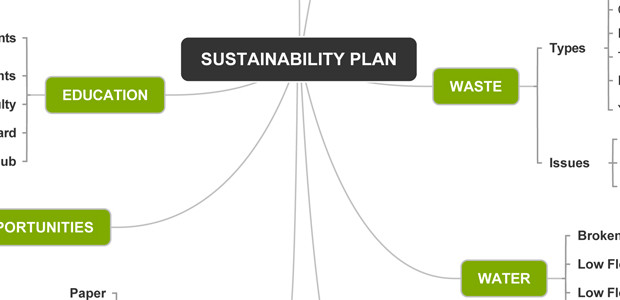
It’s Not As Easy As Just Turning Off The Lights
Carolyn Anthon, a student graduate of JHU’s Environmental Sciences and Policy Program, has learned just how challenging it is to implement a sustainability program. As a part of Will O’Brien’s sustainability class, Carolyn’s (and her partner’s) task was to create a sustainability plan specific to a current business which met their specific needs. Taking the [...]
-
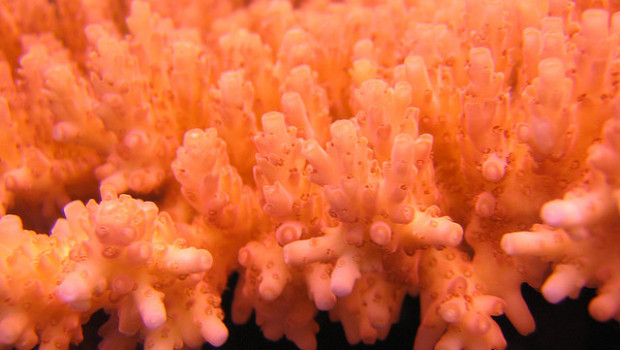
Weekly Environmental News – March 3, 2013
Shell Oil to suspend drilling for 2013 Big news this week as Shell Oil Company announced the decision to suspend drilling in the Arctic Ocean for 2013. Give them some applause, if you’d like, for taking safety precautions, but hold off on the standing-ovation; they plan to resume drilling in 2014.
-
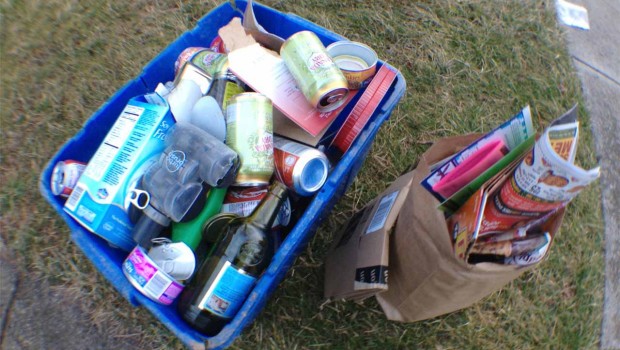
Waste Not, Want Not? Recycling in Your Area and Around the Nation
Article by Shannon Gray and Carolyn Anthon. Recycling means different things to different people. For some, it is second nature to separate every paper, glass, plastic, and aluminum item from regular trash. Others simply don’t bother. While many are familiar with the outcome of not recycling (haven’t we all seen images of the tortured waterbirds and [...]
-

Neighbors Leery of City Plan to Repurpose Drinking Water Reservoir
In 2006, the EPA mandated more stringent regulations for finished drinking water storage in order to ensure public health and safety. As the Baltimore City Department of Public Works designs the project plan for Druid Hill Reservoir, one of several sites in the city that must come under compliance by the June 25, 2018 deadline, [...]
-

From Cradle to Grave – Life Cycle Assessments
There are many ways to measure the environmental footprint of a person, product or service. You may have seen calculators for determining your carbon footprint, air and water quality measures, various “green” certifications and labels, and a relatively new term in the history of environmental studies: life cycle assessments (LCA).
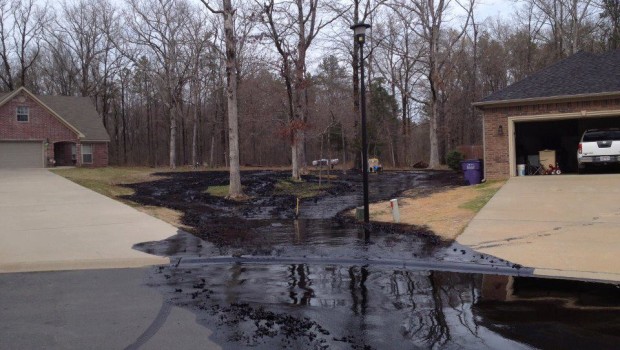
Exxon Mobil Oil Spill in Arkansas
The Exxon Mobil Pegasus pipeline ruptured on Friday, leaking an estimated 4500 barrels (189,000 gallons) of oil into a subdivision in Mayflower, Arkansas – less than 30 minutes from Little Rock. There are conflicting reports on the source and type of oil that was spilled, with some environmentalists claiming this to be a Canadian [...]

Weekly Environmental News – March 17 – 23, 2013
World Water Day and the International Year of Water Cooperation March 22nd is the United Nations World Water Day, a day to call attention to water issues around the globe. 2013 is also the International Year of Water Cooperation, highlighting the importance of water as a global resource. Check out this list of worldwide events [...]
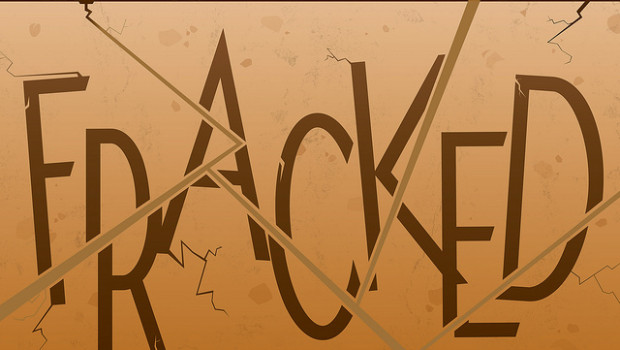
Weekly Environmental News – March 17, 2013
Compulsory Integration and Hydraulic Fracturing in New York New Yorkers that oppose Hydraulic Fracturing beneath their property may not have a choice based on 2005 legislation. The so-called “compulsory integration” rules, which exist in 39 states across the country, essentially force property owners to sell the oil or gas beneath their property. The rules allow [...]

CFL Bulbs and Mercury: What You Need to Know
Compact fluorescent light bulbs (CFLs) contain an average of 4 milligrams of mercury, about the amount that would cover the tip of a ballpoint pen. This is much less than the amount contained in those old mercury thermometers, or even the amount deemed safe to consume in our diet from fish. But make no mistake, mercury is a neurological toxin. The EPA uses 0.1 micrograms per kilogram of body weight per day as the accepted exposure level for oral consumption without recognized adverse effects. Inhaling mercury vapor in significant amounts (greater than 0.025 mg/m3) can cause deficits in cognitive functioning, tremors, kidney damage and even death in cases of high exposure. If mercury is so toxic, why is it in a common household item such as a lightbulb?

Recent Comments